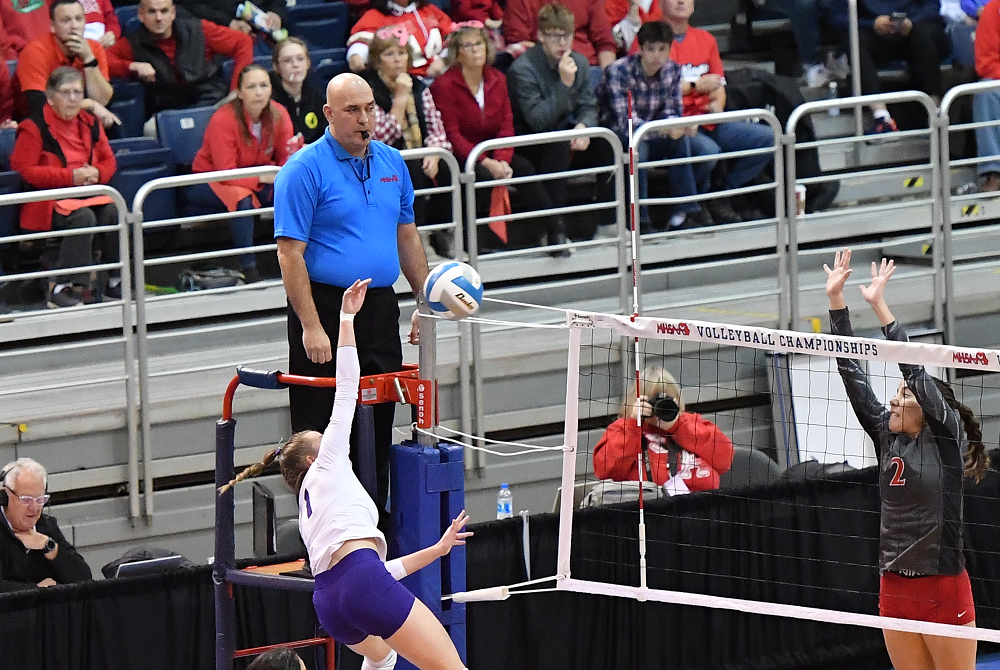
Officiating’s High Calling
October 28, 2016
One of the sports world’s better wordsmiths is Referee Magazine publisher Barry Mano. He’s also a fine thinker, as these artful lines demonstrated at the 2016 Officiating Industry Luncheon in San Antonio:
“Let me provide, in all subjectivity, some observations about our environment, about our fellow citizens. We are:
-
“More generous but less forgiving.
-
More open but less discriminating with that openness.
-
More informed but less knowledgeable.
-
More litigious but less willing to abide by the rules.
-
Quick to seek an expert opinion, then just as quick to get a second opinion, one that agrees with ours.”
Barry is president of the National Association of Sports Officials (NASO) which helps contest officials at all levels aspire to be discriminating and knowledgeable adjudicators of fair and healthy competitive athletics.
At a time when the number of registered officials with the Michigan High School Athletic Association has sunk to a 30-year low, Barry’s words are a clarion call to young men and women of character to consider sports officiating as an avocation, or even vocation, that will enrich their lives immensely.

Be the Referee: Registration Process
By
Sam Davis
MHSAA Director of Officials
September 26, 2023
Be The Referee is a series of short messages designed to help educate people on the rules of different sports, to help them better understand the art of officiating, and to recruit officials.
Below is this week's segment – Registration Process - Listen
We talk a lot about the need for registered officials. But how do you sign up? What does it take to become a referee, umpire, or judge?
The steps are simple. Go to MHSAA.com to the “Officials” tab and identify the sport or sports you are interested in. Next, complete the MHSAA Principals of Officiating and the Officials Guidebook Exams.
The Officials Guidebook covers basic elements and procedures for becoming a sports official. This first step of the process covers playing rules, ejection protocols, game assignments, and payment of game fees.
Once you pass the exams, it’s time to connect with a locally-approved officials association. The local associations are the ones that provide the training – whether it’s on the court, on the field, on the mats, or video training – to get that person completely immersed in the rules, mechanics, and coverages of what it takes to become a good official.
Previous Editions
Sept. 20: Animal Interference - Listen
Sept. 13: Feet Rule on Soccer Throw-In - Listen
Sept. 6: Volleyball Jewelry - Listen
Aug. 30: Football Rules Similarities - Listen
Aug. 23: Football Rules Differences - Listen
(PHOTO by Gary Shook.)

